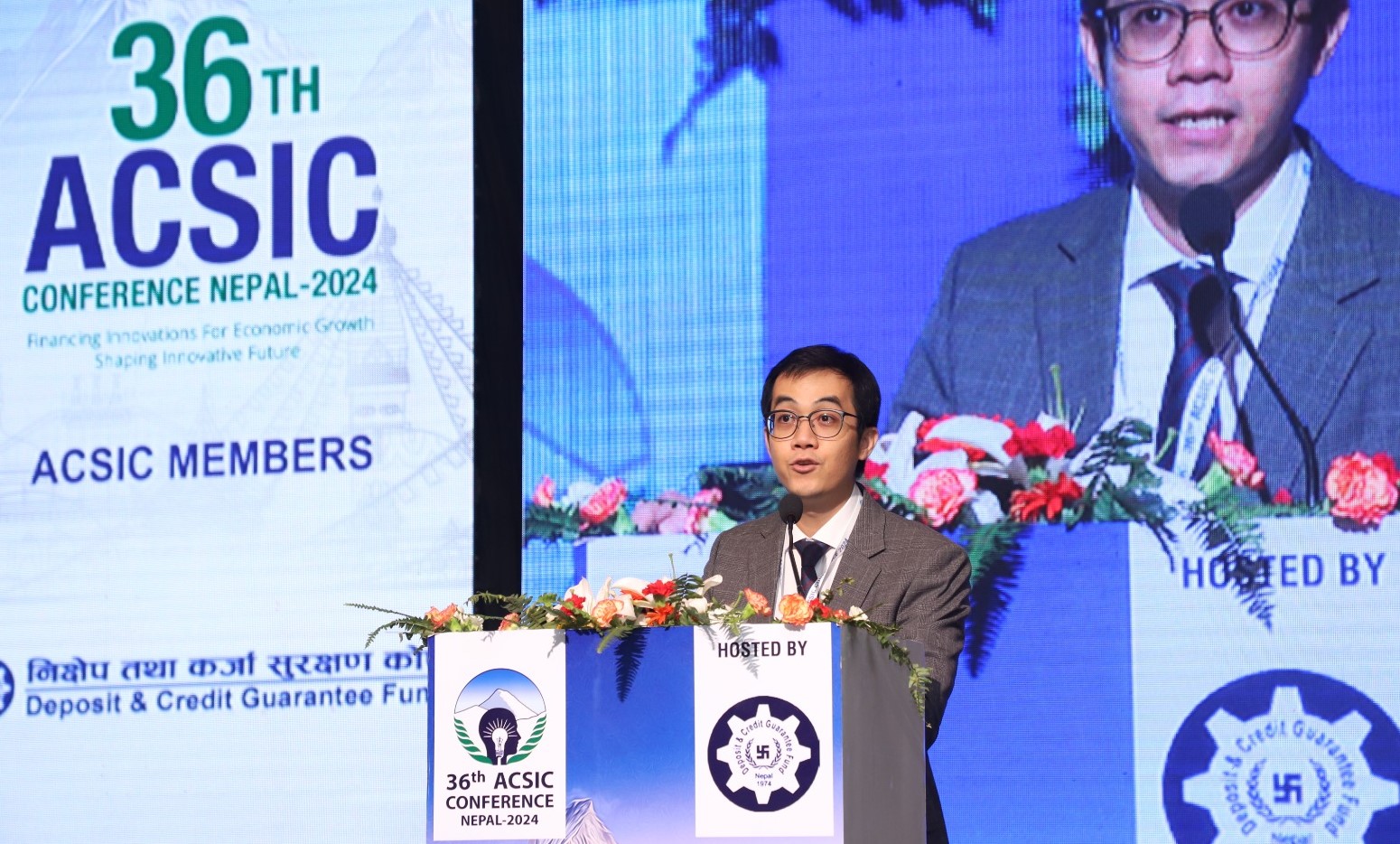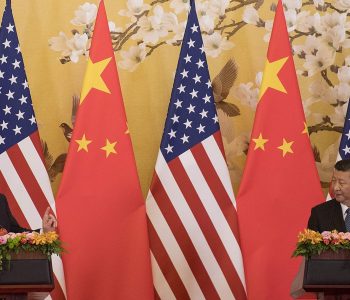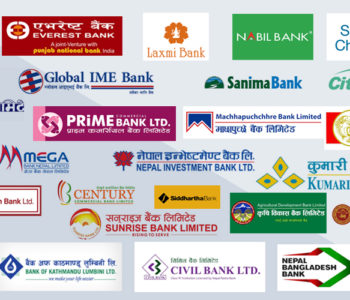Credit guarantee crucial for startups, MSMEs: experts urge partnerships at ACSIC Conference

KATHMANDU: Credit guarantee schemes could play a pivotal role in ensuring financial inclusion and promoting technological innovation by addressing the concerns of banks and financial institutions over potential credit defaults, according to participants at the 36th conference of the Asian Credit Supplementation Institution Confederation (ACSIC), held in Kathmandu on Saturday.
Entrepreneurs with innovative ideas are often denied access to finance due to a lack of collateral, a barrier that could be overcome through credit guarantees. These guarantees, particularly for startups and micro, small, and medium enterprises (MSMEs), have the potential to nurture innovation and spur economic growth, participants noted.
“Credit guarantee institutions are already supporting startups across Asia,” said Anirvan Ghosh Dastidar, CEO of Standard Chartered Bank Nepal, during a session. He emphasized the importance of partnerships with credit guarantee institutions to help MSMEs and startups flourish. “Banks usually avoid taking risks where defaults are a concern, but credit guarantees can help mitigate these risks,” he added.
In Nepal, the need for credit guarantees is becoming more pressing as the startup ecosystem expands. “Given the growing number of startups in Nepal, credit guarantees are essential to unlock their economic potential,” Ghosh said.
Dr. Yuba Raj Khatiwada, Chief Economic Advisor to Nepali Prime Minister KP Sharma Oli, highlighted the critical role of digital banking in promoting financial inclusion. He pointed out that only 18% of Nepal’s population has accessed credit from banks and financial institutions, a figure that underscores the need for broader financial inclusion. Dr. Khatiwada stressed that credit guarantees are an important tool to bridge the gap in access to finance.
Many credit guarantee institutions within the ACSIC framework already have schemes designed to support startups and MSMEs. These programs are making significant contributions to innovation and entrepreneurship across the region.
Jungin Youn, Policy Advisor to the Chairperson of the Korea Credit Guarantee Fund (KODIT), highlighted KODIT’s special guarantees aimed at promoting youth entrepreneurship. “KODIT invests in difficult but innovative ideas to foster entrepreneurship,” he said.
Similarly, Mohammad Zamree Mohammad Ihsak, President/CEO of Credit Guarantee Corporation Malaysia Berhad (CGC), shared that the CGC has supported one-third of Malaysia’s SMEs. “We are now focusing on adapting to technological advancements and shifting towards digital business models, which present new challenges for MSMEs,” he said.
Other speakers, including Celso Gutierrez from the Philippine Guarantee Corporation, Yu-Hsin Kuo from Taiwan’s SME Credit Guarantee Fund, and Erik Talasdev from Kyrgyzstan’s OJSC Guarantee Fund, shared their countries’ experiences in leveraging credit guarantees to promote innovation and financial access for small businesses.
The conference also featured discussions on the role of credit guarantees in supporting the Sustainable Development Goals (SDGs). “Ten out of the 17 SDGs rely on inclusive finance, and credit guarantees are crucial to achieving these goals,” said Sanjaya Thakur, Advisor and Mentor at Fintech, T-hub Foundation, India. He advocated for region-specific credit guarantee schemes, referencing Japan’s model of having 51 different schemes for 51 regions.
The ACSIC conference, which began on Friday, will continue until Monday, fostering dialogue and collaboration among credit guarantee institutions to address the challenges and opportunities for startups and MSMEs in Asia. The event is expected to provide valuable insights for Nepal as it seeks to enhance its financial infrastructure and promote innovation-driven growth.












Facebook Comment